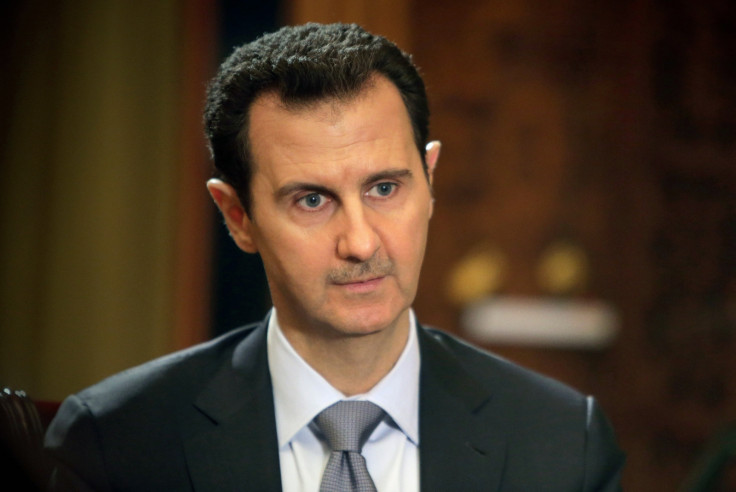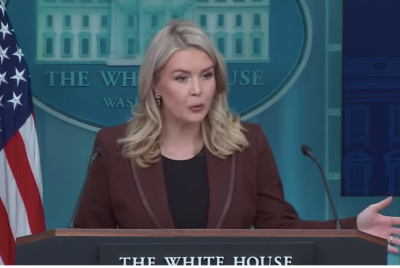David Cameron: Rid Syria of Bashar al-Assad and Isis with 'hard military force'

Syria's President Bashar al-Assad and the militant group, Islamic State (Isis), terrorising the war-torn country "have to go" David Cameron has declared. But the prime minister told MPs "hard military force" was needed to rid the despot and the jihadists from the Middle Eastern state.
The Conservative leader made the remarks during the first Prime Minister's Questions after parliament's summer break. Cameron went head-to-head with Harriet Harman, the acting Labour leader who is expected to be replaced by frontrunner Jeremy Corbyn on 12 September.
Harman pushed the prime minister to do more about the refugee crisis after he announced the UK would take an extra 20,000 Syrian refugees over the course of this parliament, which will come to an end in May 2020.
The interim leader claimed to be British "is not to be narrow and inward looking" and Harman urged Cameron to "deal with the reality" of the ongoing crisis, which has pushed EU leaders such as Germany's Angela Merkel into action. The comments come after European Commission President Jean-Claude Junker announced quotas for the distribution of 160,000 refugees across EU member states.
"Britain has its own borders and the ability to make our own sovereign decisions about this [issue]," Cameron said. "We will take 20,000 Syrians, but we want a comprehensive approach that puts money into the camps that meets our aid commitments."
Elsewhere, the prime minister assured MPs that the government was meeting its defence spending commitments after promising to meet Nato's 2% GDP target in the post-election budget and tackle the humanitarian crisis in Syria.
The exchange comes after Cameron announced in the Commons on 7 September that an RAF drone had killed an IS jihadist from Cardiff in Syria. Reyaad Khan, 21, was targeted because he had plotted terror attacks against UK targets and represented a threat to national security, according to Cameron.
"If there is a direct threat to the British people and we are able to stop it by taking immediate action, then as prime minister I will also be prepared to take that action," the prime minister said. But human rights groups such as Amnesty International have questioned the legality of the strike.
© Copyright IBTimes 2025. All rights reserved.




















